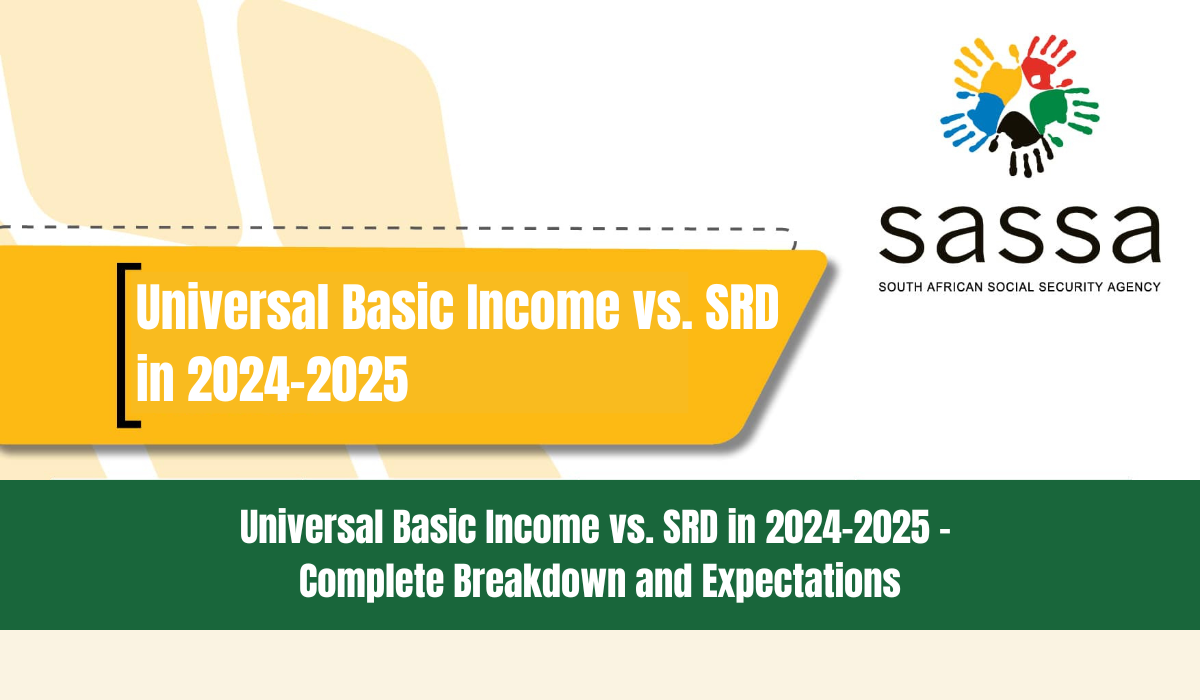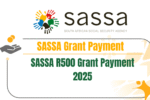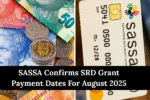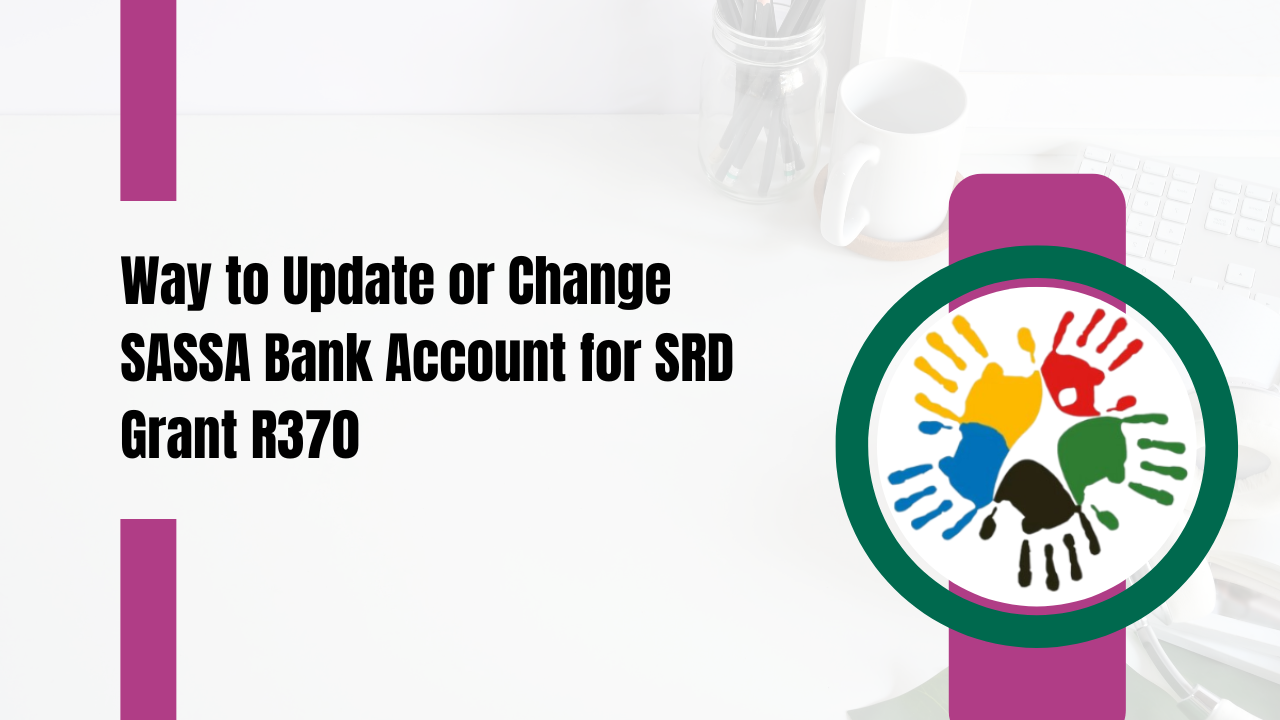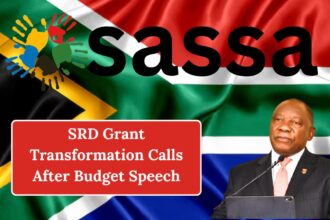Universal Basic Income vs. SRD in 2024-2025 – Complete Breakdown and Expectations. South Africa is on the verge of a significant policy shift as the government prepares to launch a Universal Basic Income (UBI) program in the fiscal year 2024-25. This initiative aims to provide financial assistance to all eligible individuals, marking a notable departure from the temporary financial aid measures rolled out in response to the COVID-19 pandemic.
Universal Basic Income vs. SRD in 2024-2025
In 2020, South Africa introduced the Social Relief of Distress (SRD) grant to support those who lost their jobs due to the pandemic. Despite its benefits, the SRD program faced several challenges:
- Uncertainty: Recipients were unsure about the continuity of the payments.
- Exclusion: Not all who needed the aid received it.
- Eligibility Requirements: Beneficiaries had to continually prove their need for assistance.
Recognizing these issues, the government plans to replace the SRD with the UBI program in 2024-25. The UBI will provide a regular income to most adults, irrespective of their employment status or income level, aiming to reduce poverty and enhance financial security.
Comparing SRD and UBI
South Africa’s transition from SRD to UBI represents a paradigm shift in social welfare. Here’s a detailed comparison:
| Aspect | SRD | UBI |
|---|---|---|
| Who Gets Help | Unemployed individuals aged 18-60 who demonstrate financial need | All individuals aged 18-59, regardless of income or employment status |
| Eligibility Requirements | Continual proof of financial need | No restrictions on usage of the money |
| Program Duration | Temporary measure for COVID-19 relief | Long-term initiative for financial security |
| Program Goals | Immediate relief for those in need | Long-term poverty alleviation, economic empowerment, and equality |
Challenges and Considerations
Both the SRD and UBI programs come with their own set of challenges. The SRD program’s limitations include:
- Limited reach to those in need.
- Temporary nature.
- Complex administrative requirements.
Conversely, the UBI program, while promising, poses challenges such as:
- Funding: Ensuring sustainable funding for the long term.
- Work Incentives: Addressing concerns that UBI might discourage employment.
- Administration: Developing an efficient system to manage the program.
Financial and Social Implications
The South African government is still ironing out the details of the UBI program, including the monthly amount, which is expected to range between R800 and R1200. The UBI is designed to replace the SRD grant and potentially supplement other social programs like the Child Support Grant and Old Age Pension.
Potential Impact
If successfully implemented, the UBI could transform South Africa’s socio-economic landscape by:
- Reducing Poverty: Offering a stable financial base for all eligible citizens.
- Boosting the Economy: Increasing consumer spending and economic participation.
- Empowering Individuals: Providing financial freedom and reducing income inequality.
Conclusion
South Africa’s move to introduce a UBI program is a groundbreaking step in social policy. It has the potential to serve as a model for other countries grappling with poverty and inequality. The world will be watching closely to see how South Africa navigates the challenges and harnesses the benefits of this ambitious initiative.

